BY LAUREN CODLING
A “heartfelt” play exploring a gay Muslim woman coming to terms with her identity premiered in south London earlier this month.
The Funeral Director is centred around Ayesha, a director at a Muslim funeral parlor. When she is visited by Tom, who is looking to organise his Muslim boyfriend’s funeral, Ayesha is
faced with dilemmas relating to her faith, community and sexuality.
Described as an “incisive and heartfelt story of sexuality, gender and religion in 21st century Britain,” the story was the winner of the Papatango New Writing Prize in July.
Although the play mainly explores homosexuality in the Muslim community, the show’s writer, Iman Qureshi, highlighted the fact that the stigma was not just unique to this group.
For instance, the law graduate followed a news story regarding Christian business owners who had refused their services to gay people when she was conducting research for The Funeral Director.
“Homophobia is clearly something that is still prevalent in many cultures and religions, and Muslim communities are no exception,” she told Eastern Eye. “But I do believe attitudes are changing, slowly, sometimes frustratingly slowly, but still, enough to give me hope.”
The play is Qureshi’s first full length debut. She describes herself as “incredibly lucky” to have a play opening, as well as having access to an “amazing” cast and crew.
Admitting she once believed no one would ever produce it, the story was one which would not leave Qureshi.
“And I thought, well even if it’s never produced, at least I’ll get it out of my system, so I can then go on to write a more marketable play,” she revealed. “I suppose it just goes to show that if your writing is true to you, that won’t go unnoticed.”
Previously, the 32-year-old has had short plays or limited runs commissioned or produced by various outlets including the BBC.
Qureshi, who was born in Pakistan but now lives in south London, believes we are very used to hearing “one kind of Muslim voice”.
Just because a voice is Muslim, it does not mean it needs to deal with specifically ‘Muslim issues’, she noted.
Earlier this year, fellow playwright and Doctor Who writer Vinay Patel suggested introducing an award which would be designed to recognise South Asian creative work in the UK.
Qureshi agreed it would create opportunities for writers and allow them to “write about anything they want to write about, and not just what they think might get them recognised by a white middle class mainstream”.
She thinks it will show people that South Asians have incredibly diverse stories to tell.
“Often you see theatres programme one ‘south Asian’ play dealing with ‘south Asian issues’, and nine plays by white writers that deal with everything from climate change to the housing crisis, to relationships, to yoga,” she said.
“And you’re like, why can’t a south Asian write about climate change? Climate change is universal and affects us all equally, so why are only white writers getting those slots?”
The Funeral Director will be showing at Southwark Playhouse until November 24. It will be touring across the UK until March 30.

















 Meghan Markle and Mindy Kaling share laughs and lifestyle tips on With Love, MeghanInstagram/meghan
Meghan Markle and Mindy Kaling share laughs and lifestyle tips on With Love, MeghanInstagram/meghan
 Ruthless, regal, and always two steps ahead—Cersei Lannister knew power like no other - Instagram/gameofthrones
Ruthless, regal, and always two steps ahead—Cersei Lannister knew power like no other - Instagram/gameofthrones  Cool Girl was a lie, but Amy Dunne’s revenge? That was real Youtube/GoneGirl
Cool Girl was a lie, but Amy Dunne’s revenge? That was real Youtube/GoneGirl Not bossy, just the boss. Miranda Priestly owned every room she walked into Instagram/Devilwearspradafans
Not bossy, just the boss. Miranda Priestly owned every room she walked into Instagram/Devilwearspradafans She traded the Joker for chaos, freedom, and a baseball bat—Harley Quinn’s era is unstoppable /Getty Images
She traded the Joker for chaos, freedom, and a baseball bat—Harley Quinn’s era is unstoppable /Getty Images Mean? Maybe. Iconic? Absolutely. Regina George knew exactly what she was doing Instagram/meangirls
Mean? Maybe. Iconic? Absolutely. Regina George knew exactly what she was doing Instagram/meangirls
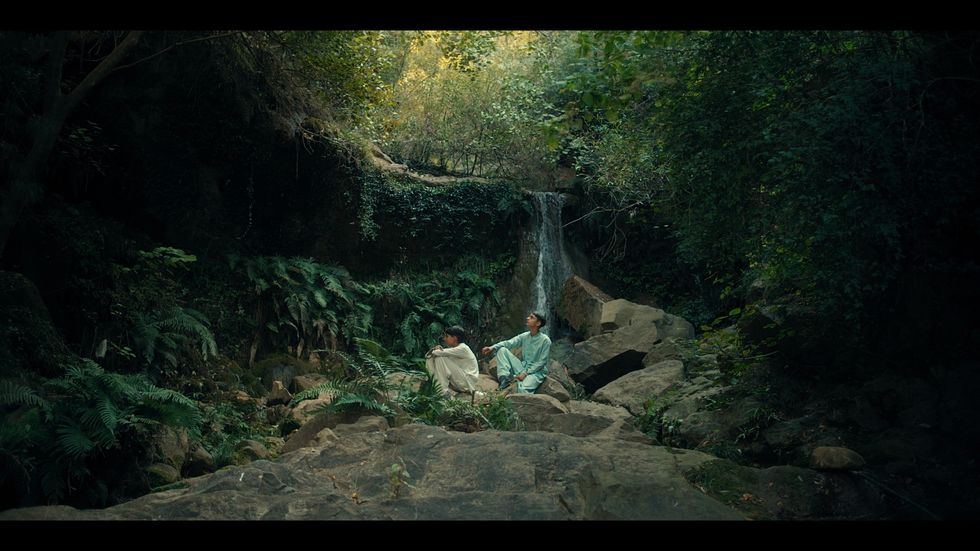 A still from the documentary
A still from the documentary
 Bhumi Pednekar
Bhumi Pednekar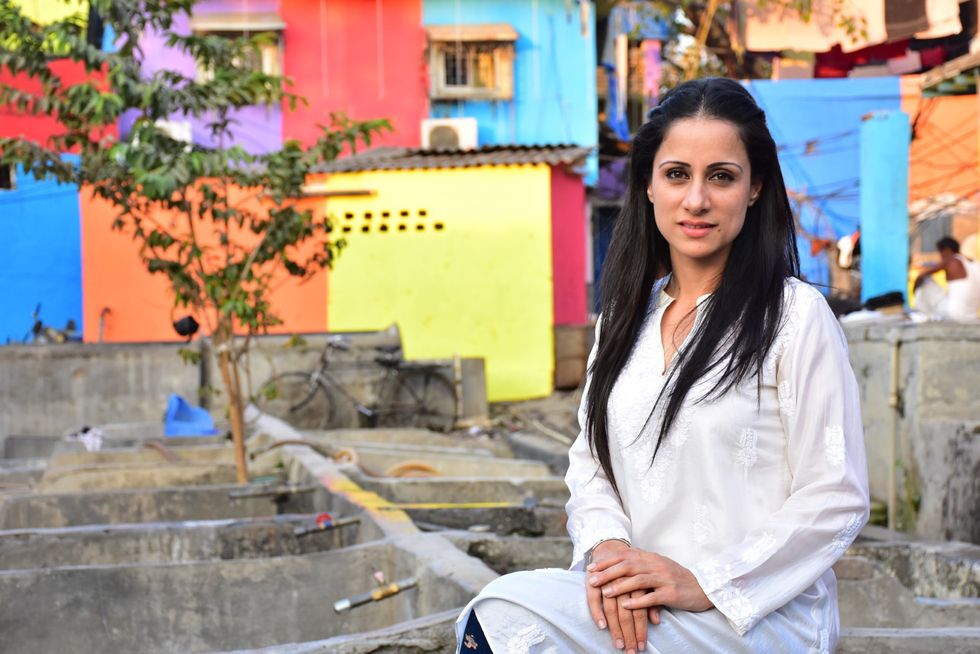 Rouble Nagi
Rouble Nagi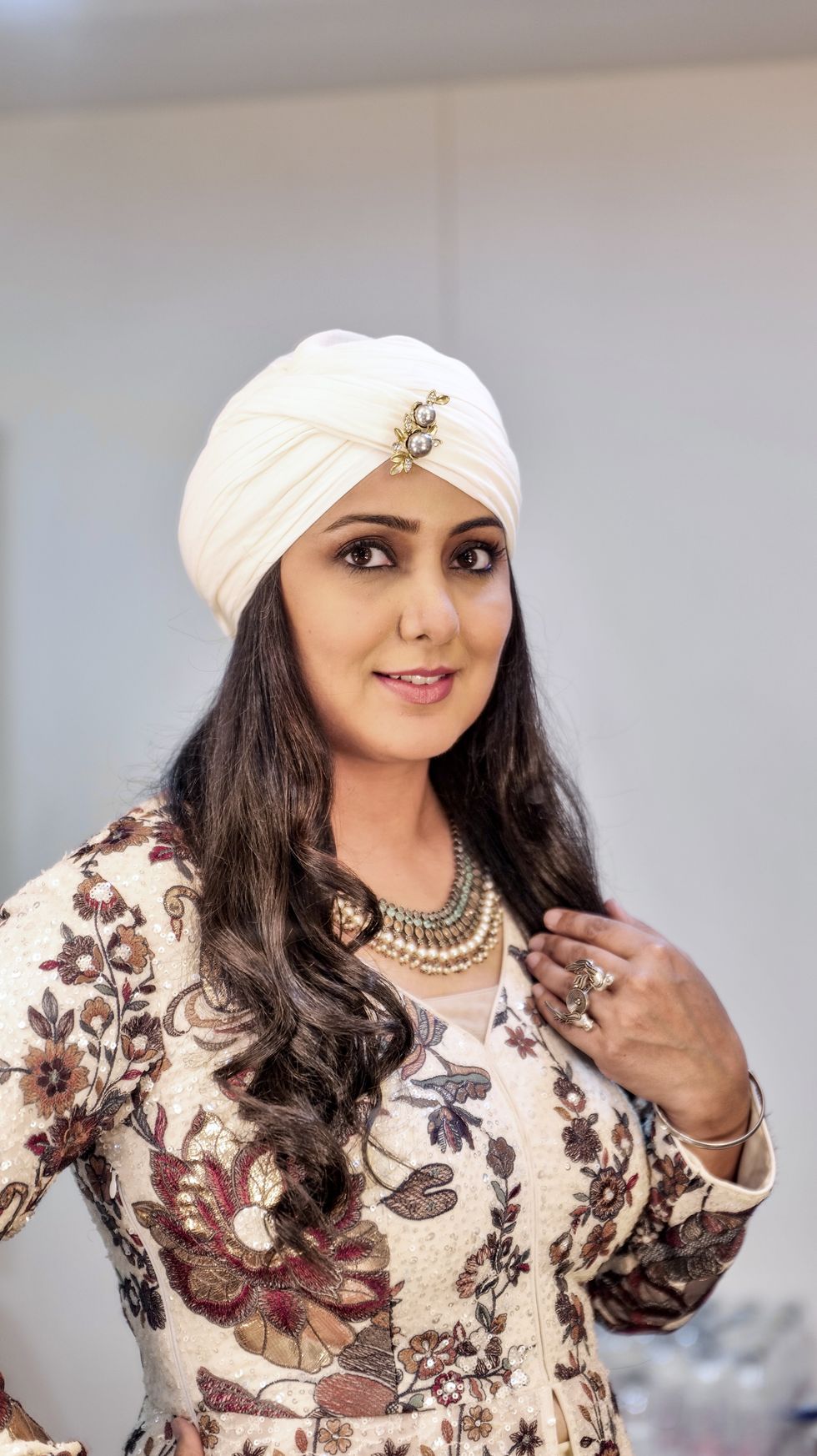 Harshdeep Kaur
Harshdeep Kaur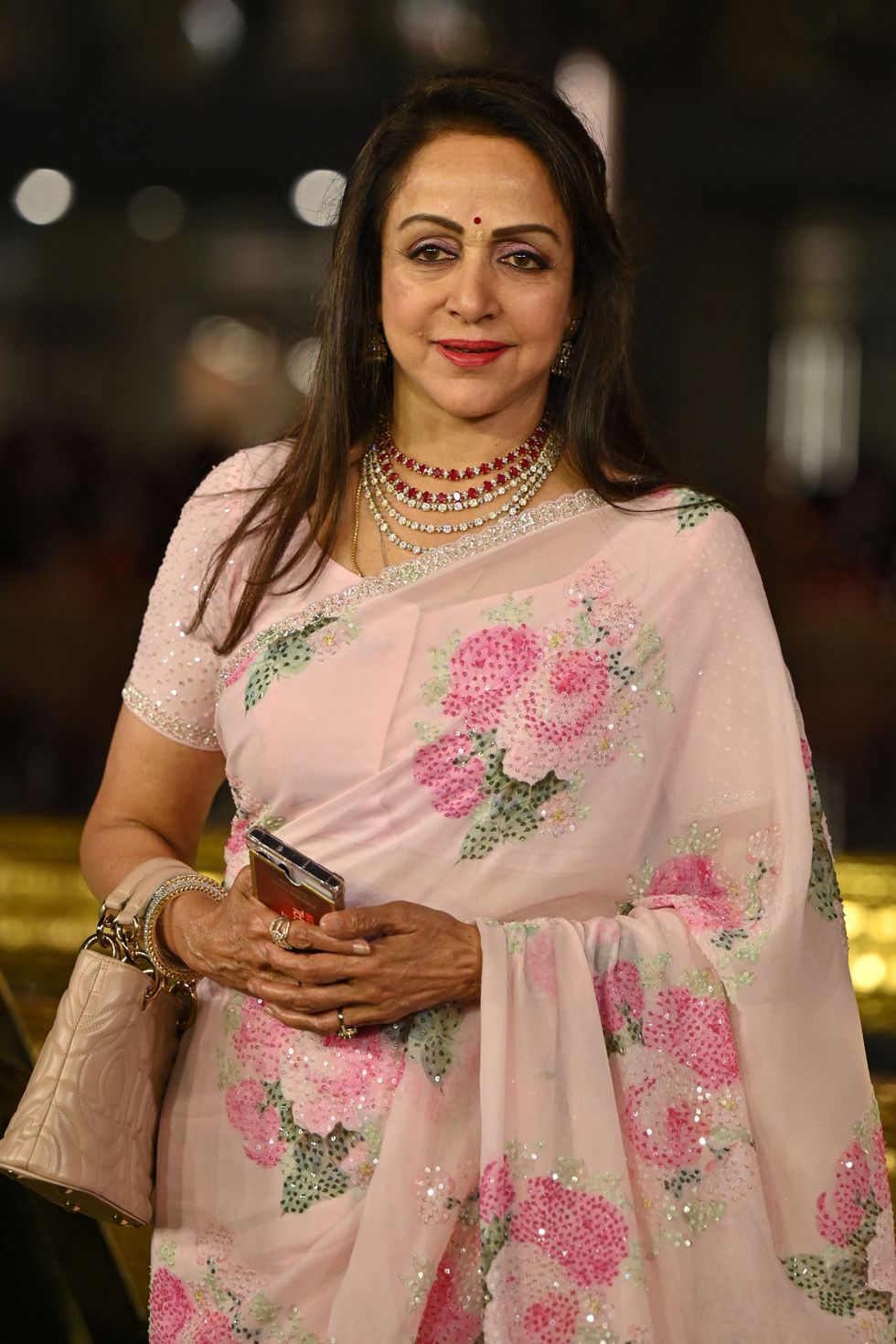 Hema Malini
Hema Malini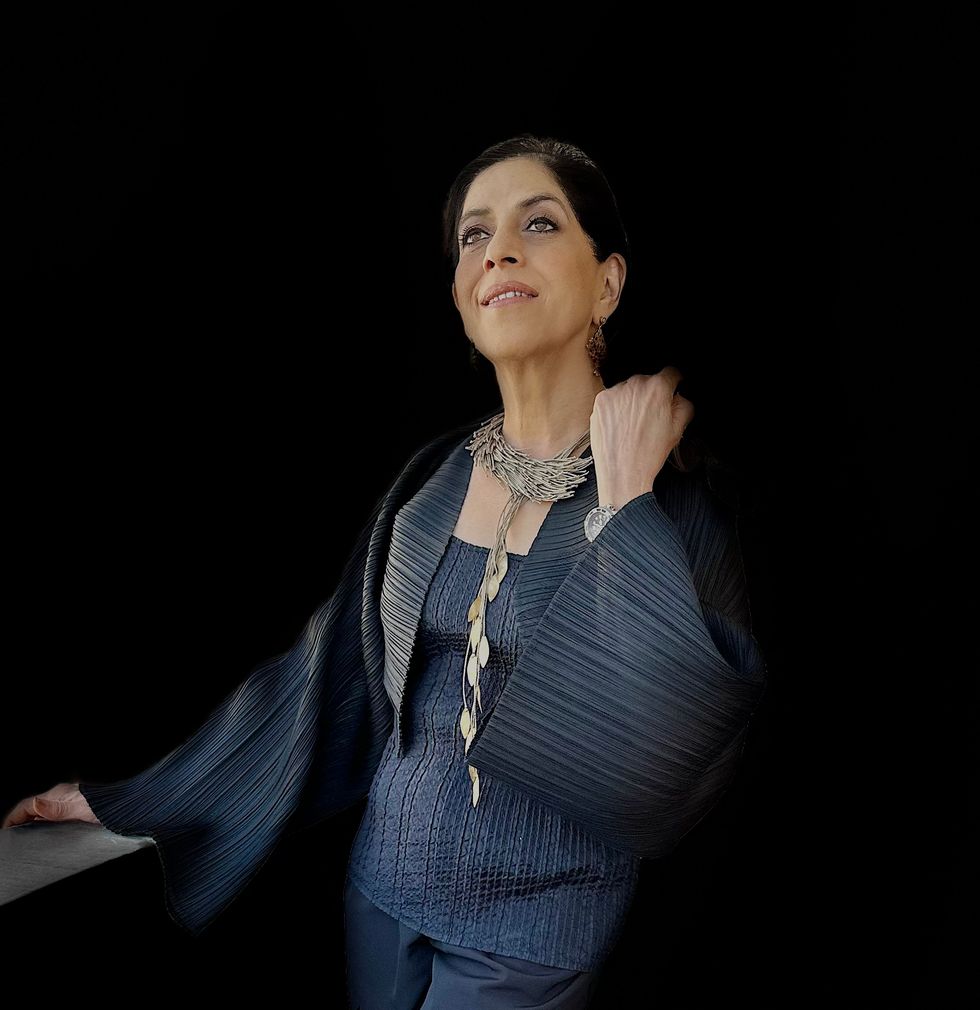 Aditi Mangaldas
Aditi Mangaldas Radhika Apte
Radhika Apte  Rakul Preet Singh
Rakul Preet Singh 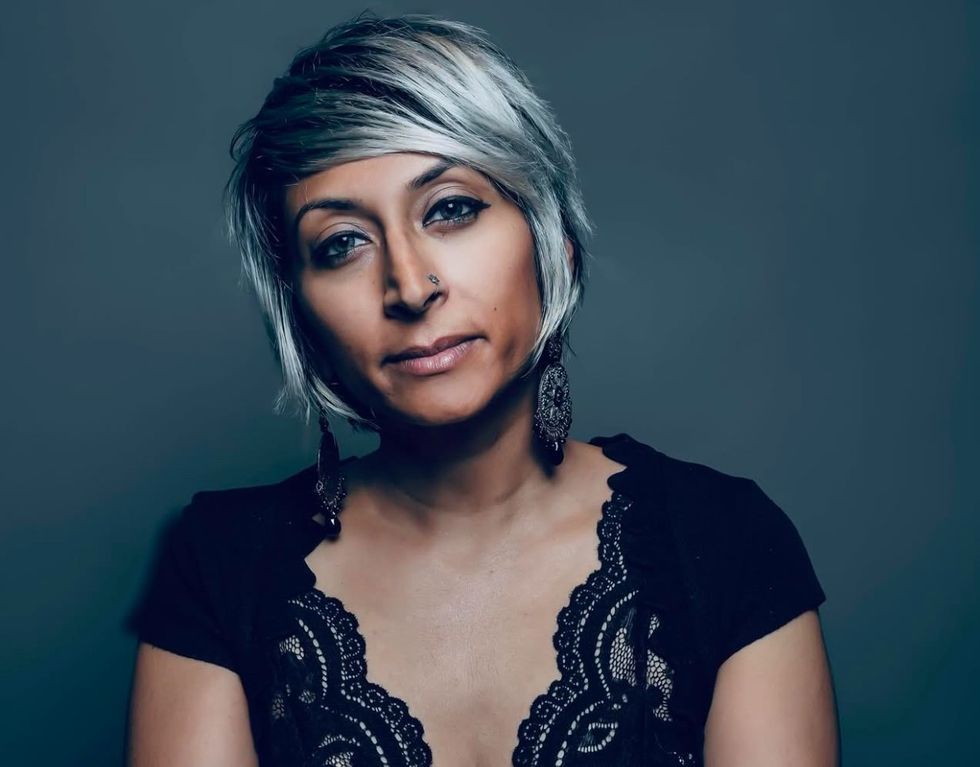 Iram Parveen Bilal
Iram Parveen Bilal 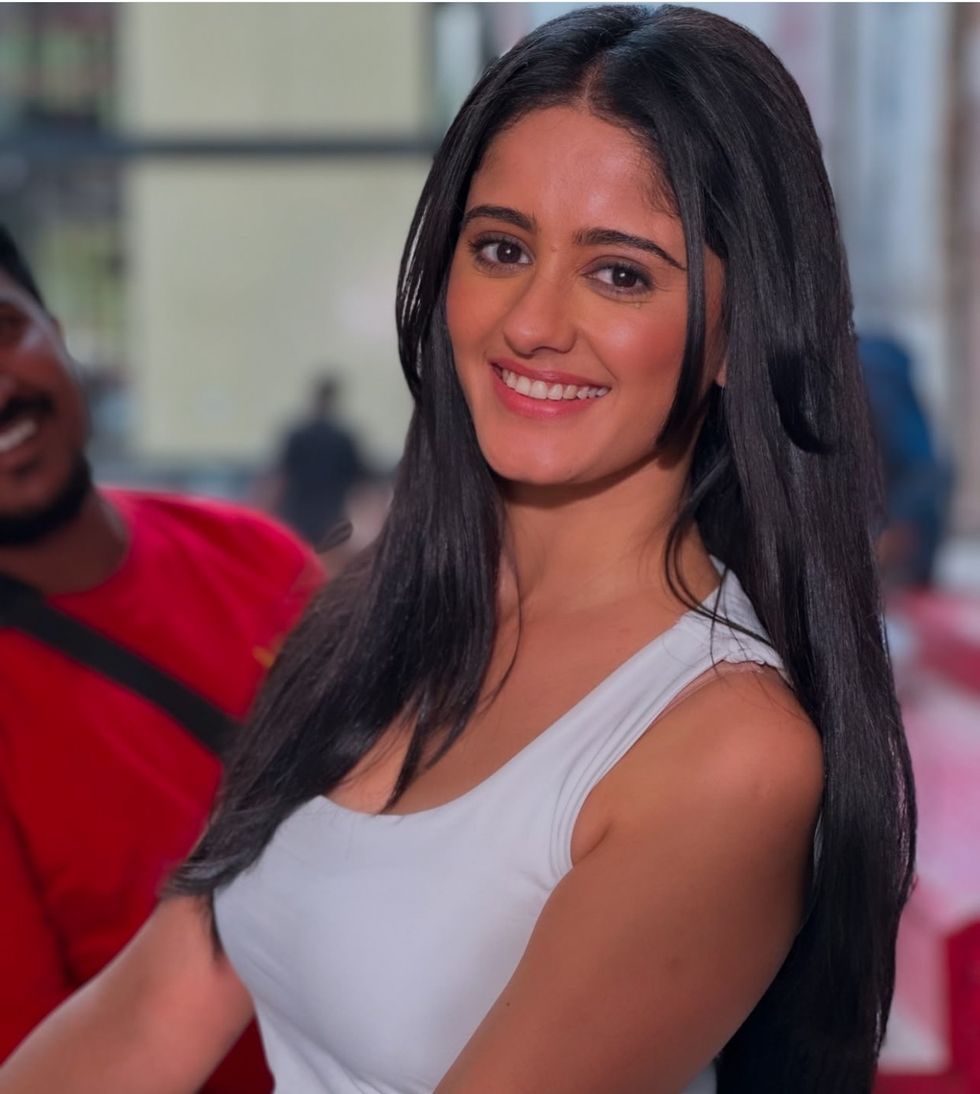
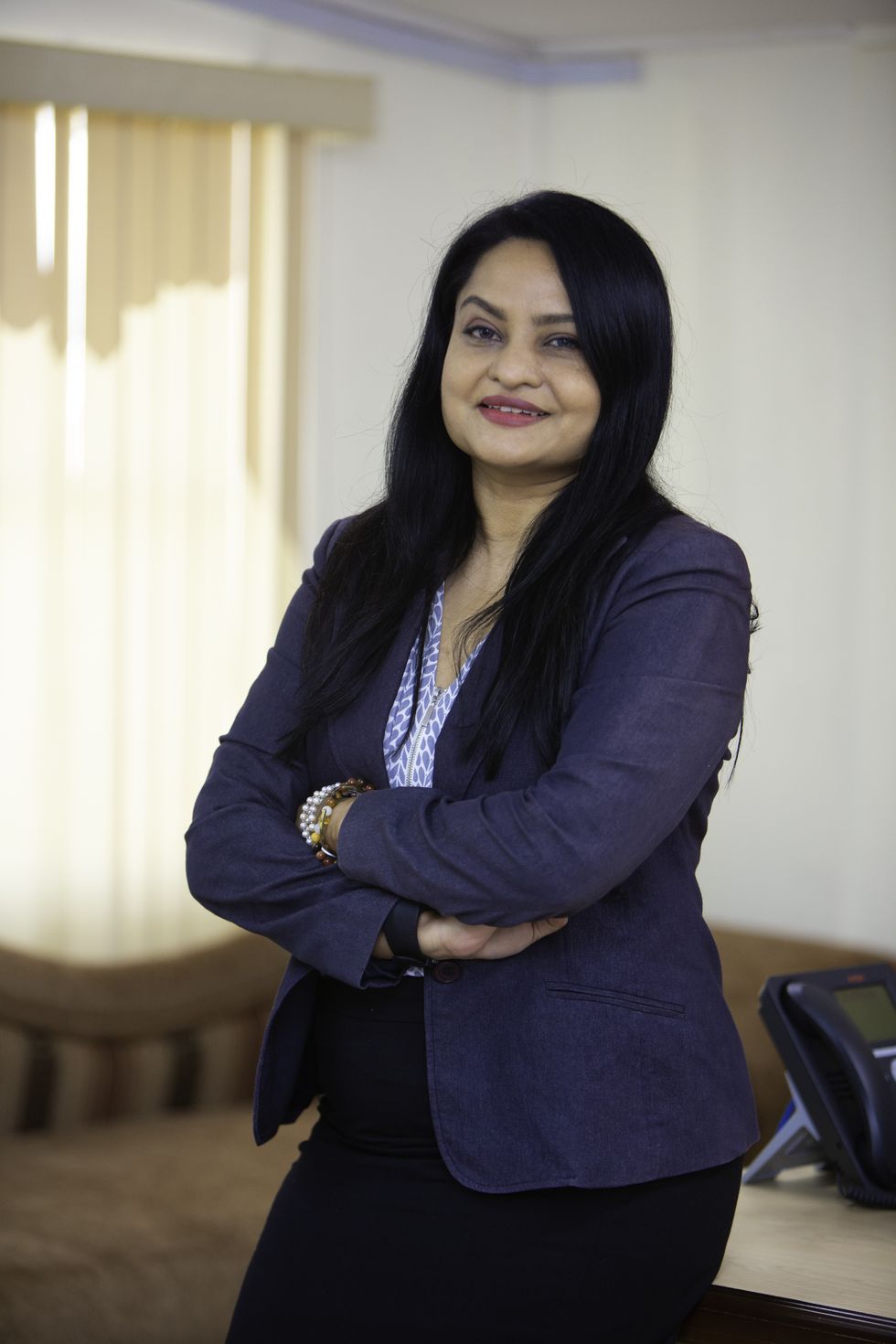
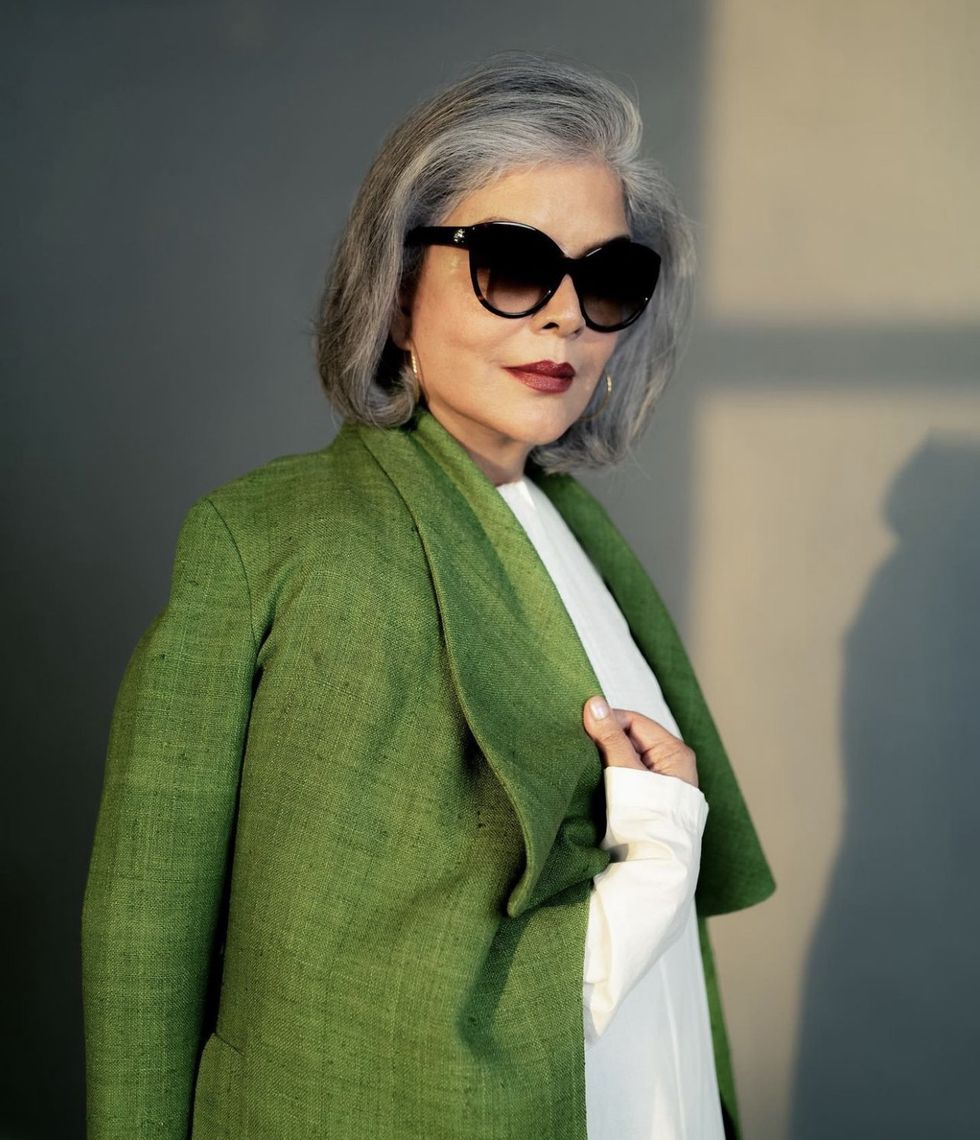 Zeenat Aman
Zeenat Aman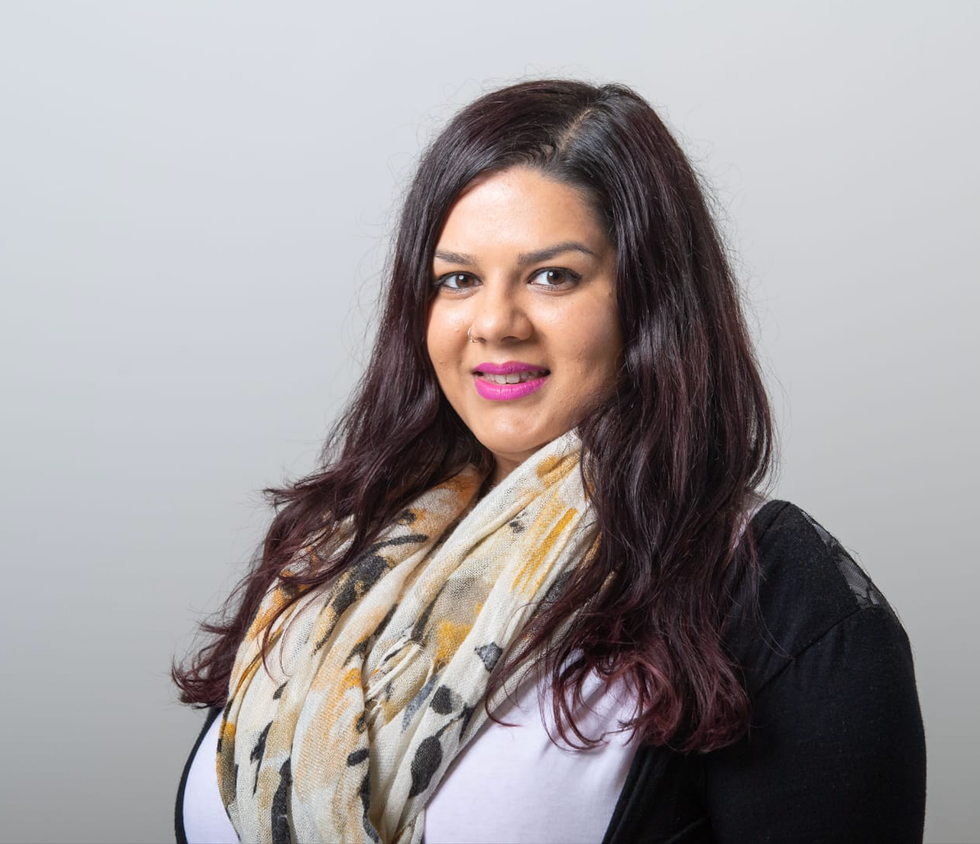 Neelam Heera-Shergill
Neelam Heera-Shergill Noreen Khan
Noreen Khan Sumbul Touqeer Khan
Sumbul Touqeer Khan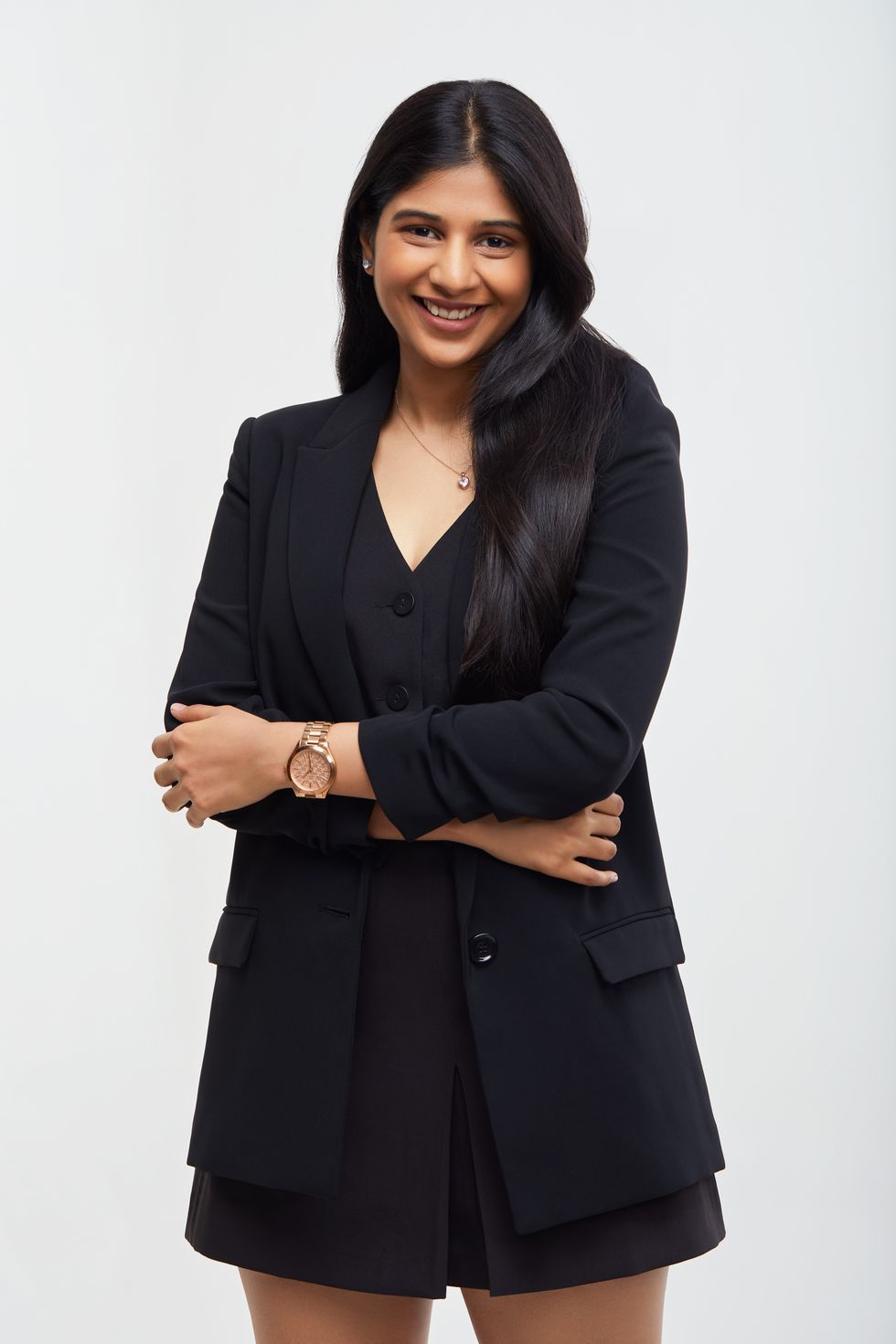 Anushka Rathod
Anushka Rathod  Wamiqa Gabbi
Wamiqa Gabbi 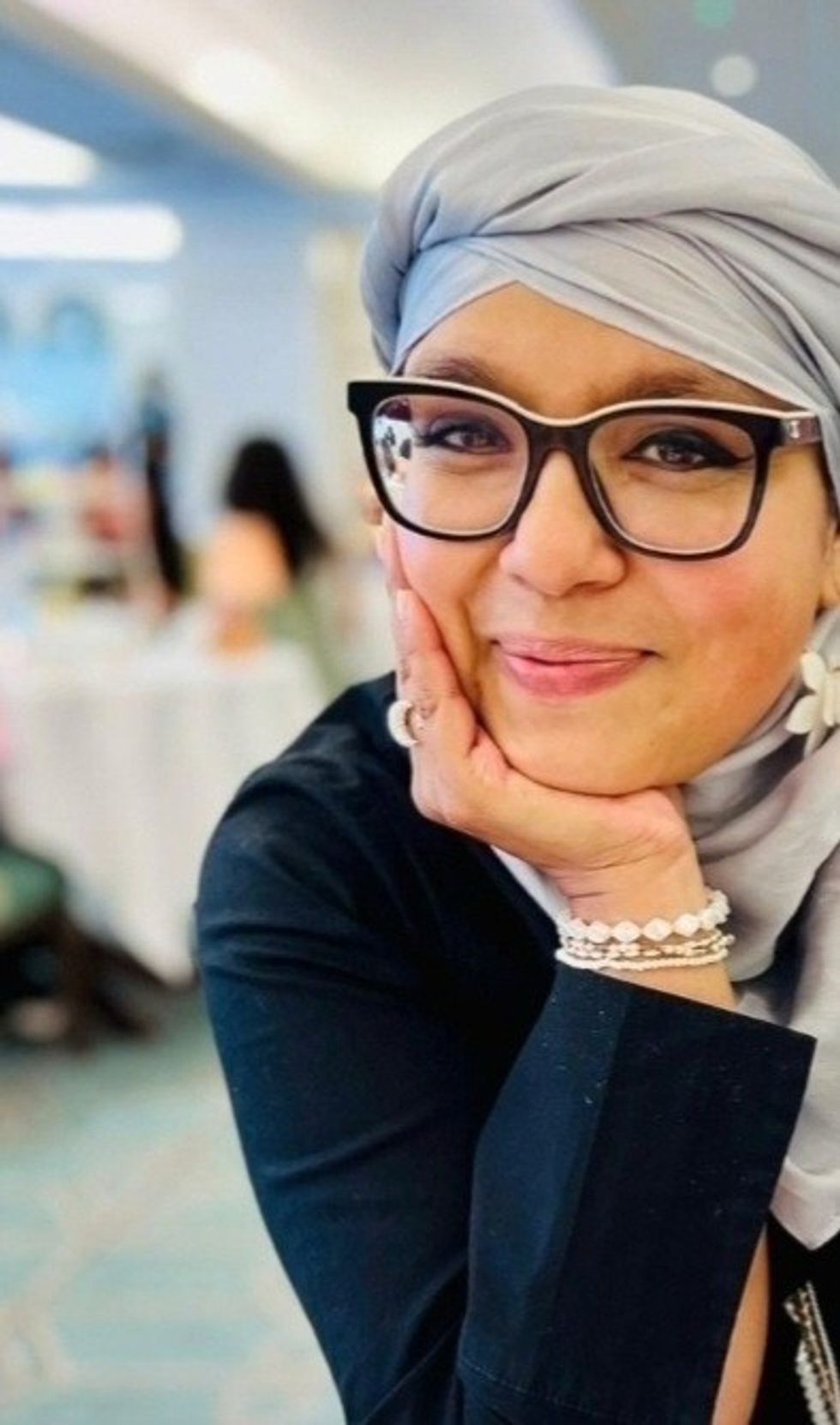 Onjali K Rauf MBE
Onjali K Rauf MBE 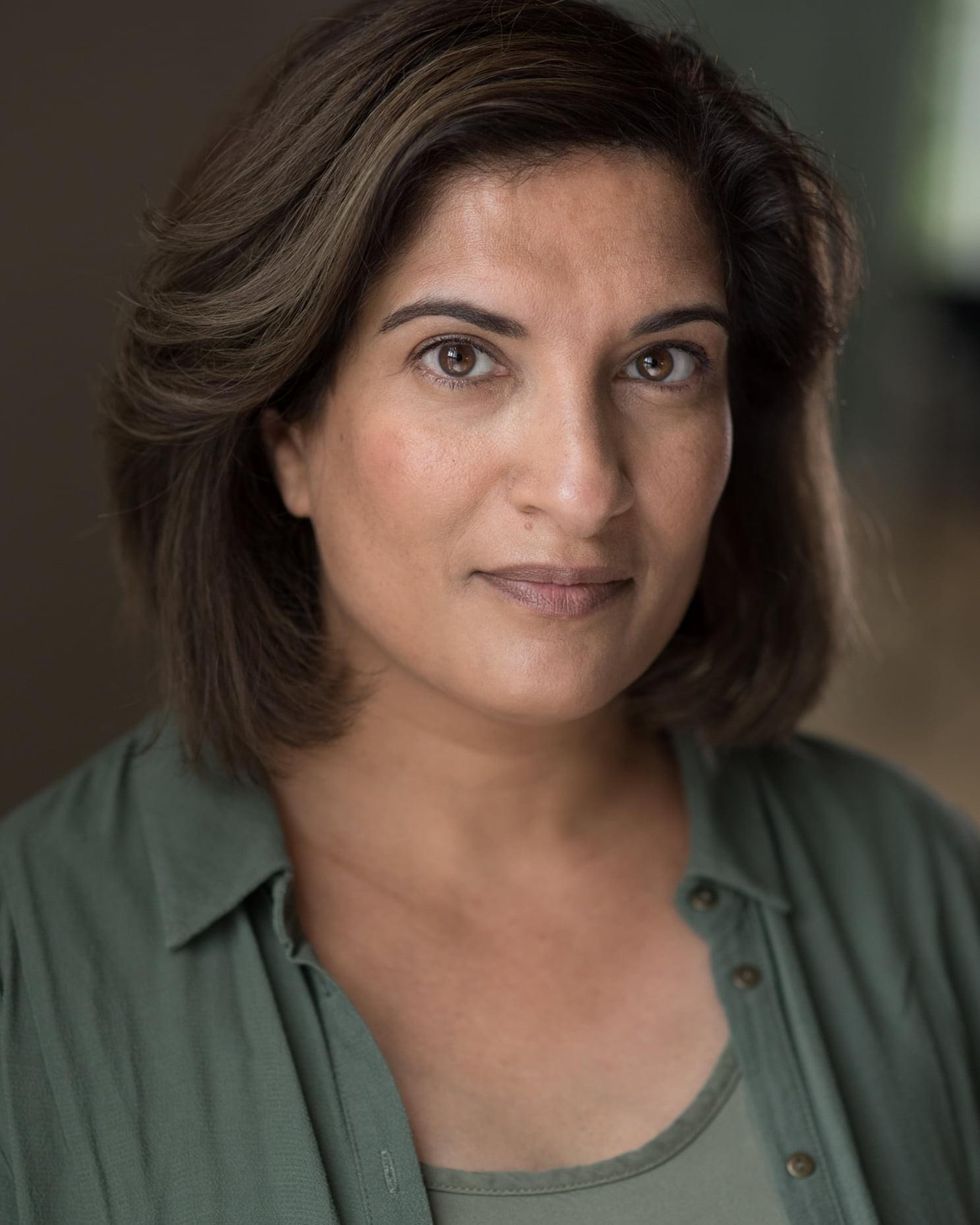 Mina Anwar
Mina Anwar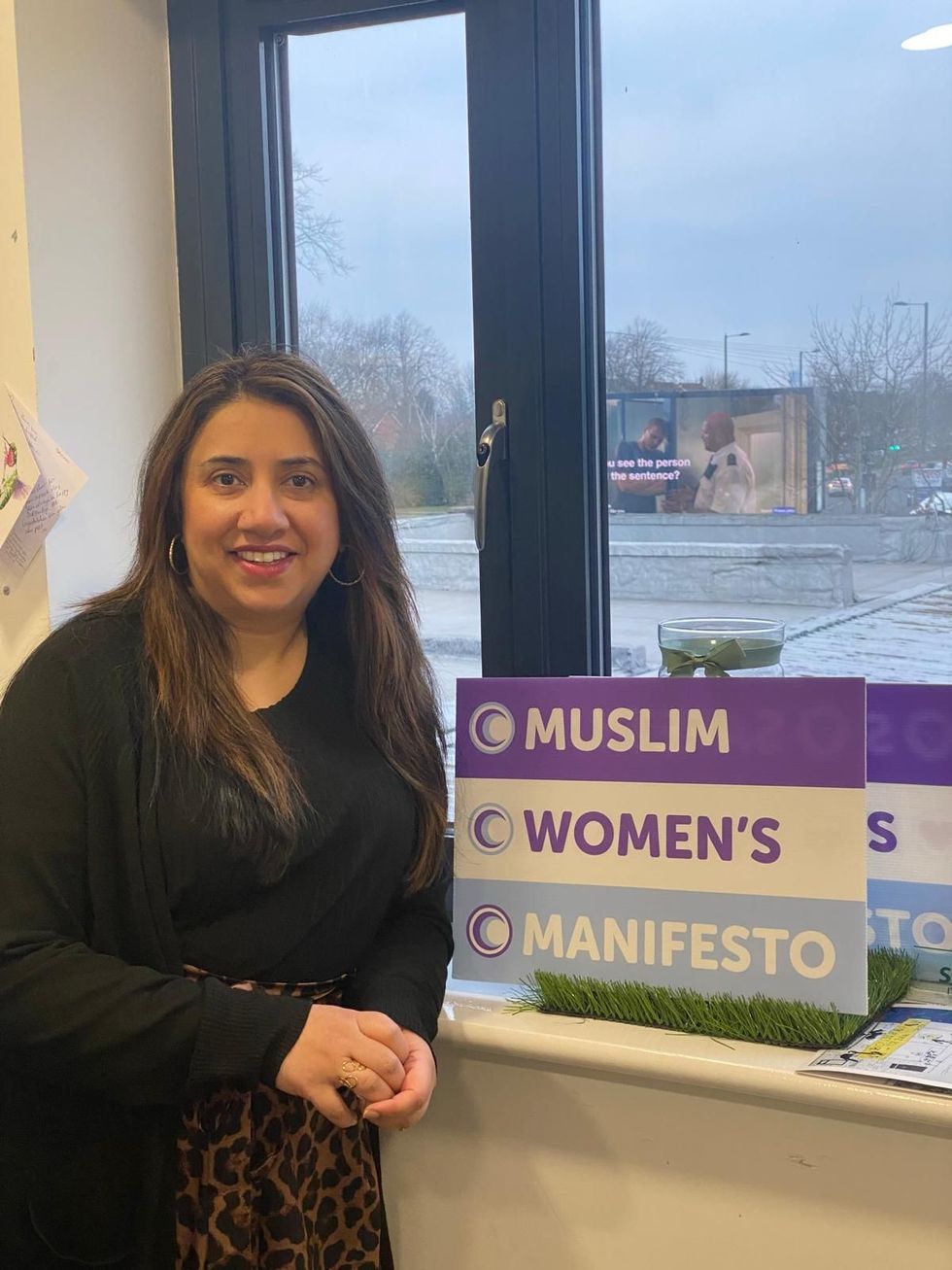 Shameem ShakatHussain
Shameem ShakatHussain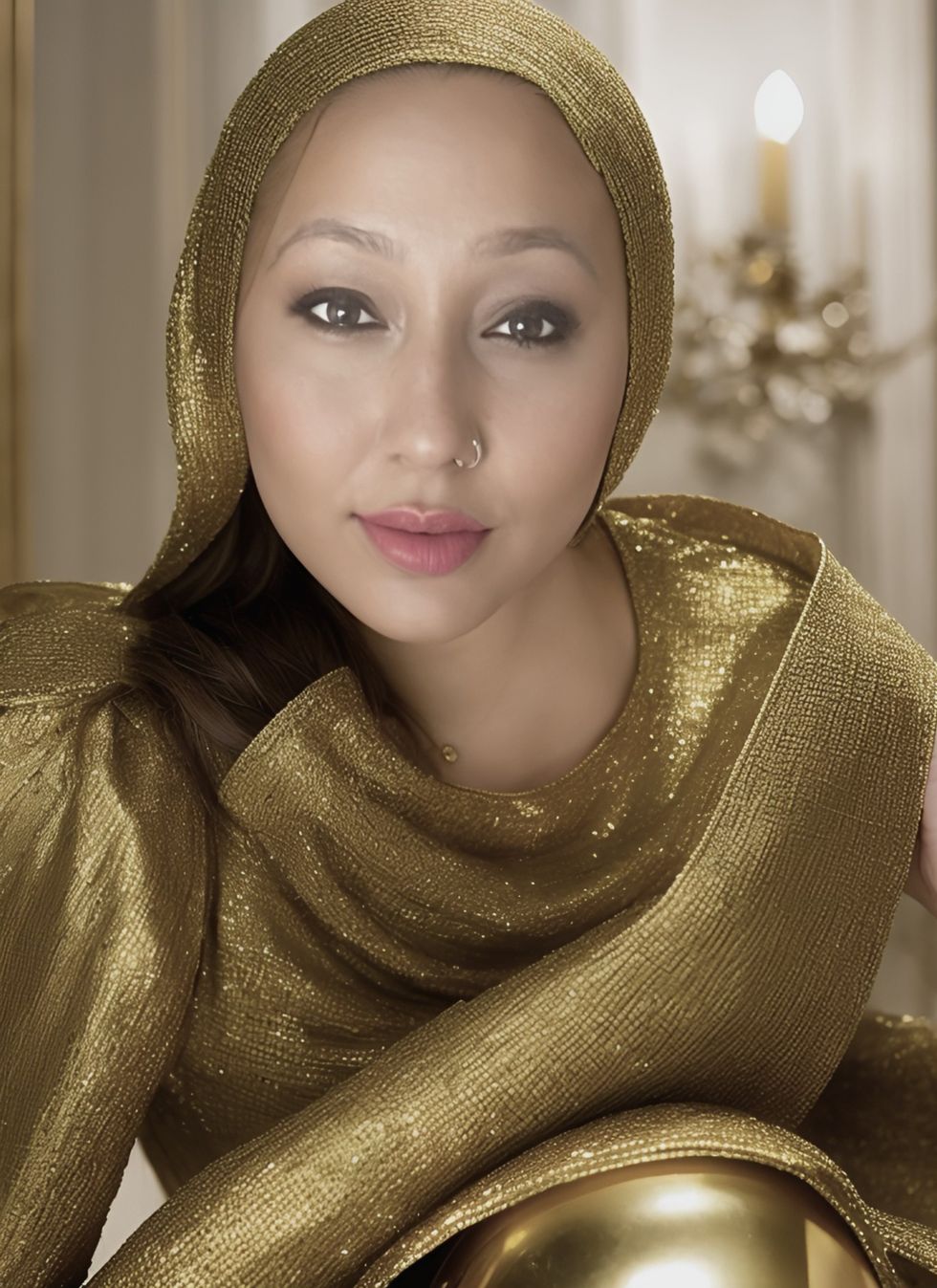 Ameera Ameerullah
Ameera Ameerullah